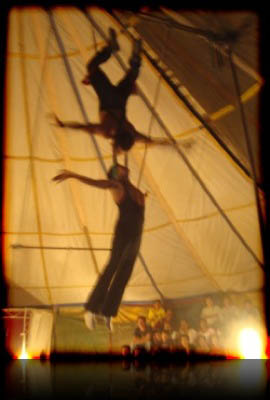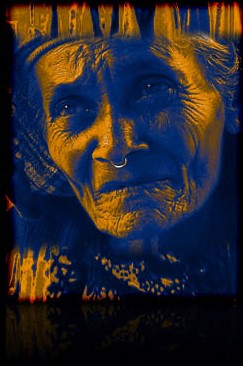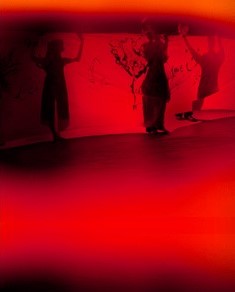On the Nervous Edge of an Impossible Tropics
DOI:
https://doi.org/10.25071/1913-5874/37336Abstract
There is not a day that goes by that someone in Placencia, a beach front village in Belize that has “gone crazy” for tourism, doesn’t say something about how life is becoming impossible. Impossibly smooth and beautiful, impossibly cruel and corrupt, impossibly laid-back and seductive, impossibly transformed socially and ecologically, impossibly out of control and violent, impossible to live. This paper tracks the impacts and intensities of “life becoming impossible” and the burdens of paradise that are conjured out of the unnerving appearance on the beach of a tourist named “Peter Pete.” No one knows where he came from, only that he appeared from “wherever” to spend a few weeks compulsively raking the beach. Why he rakes Pete wouldn’t say, and that generated a distressful shiver of dread and panic that ran through the nervous system of a village that no longer seems able to keep up or on track with everything going on these days. Pete’s presence coincided with a new rash of violent physical attacks on resident expats. No one blames Pete for the attacks, but his sudden appearance served to focus everyone’s attention on tourist encounters in this “seaside paradise by the Carib Sea.” These encounters bred an excessive exchange of stories about drug dealers, brutal violence, strange tourist, crazy locals, the end of the world, the rapture, infidelities, theft, property problems, and corruption, flows and lines of narrative force that rub against each other producing a friction that generates a contingent and nervous dread that seriously roughed up life in Placencia.
This paper is meant to open onto the affective intensities of life becoming impossible as a scene of immanent forces folding into an assemblage of public feelings. I track the troubling state of suspense and suspension that haunts the place and its people and that lingers as a jumpy impulse trying to “make sense” of things that come into view as habit, shock, resonance, or impact. Lives in this contact zone throw themselves together as event and as sensation, something inhabitable but exhausting, a tropical dream world escape and an odd and haunting ordinary. Examining moments of encounter and lingering in the impacts of new signs of life becoming impossible means tracking sensations as emergent and potential emotional forces coming into play in this new state of emergency that is taking shape as neo-liberal exception, on the edge of global empire, in Belize.
References
Agamben, G. The Coming Community. Trans. Michael Hardt, Minneapolis: University of Minnesota Press, v1993.
Clough, P. The Affective Turn: Political Economy, Biomedia and Bodies. Theory, Culture and Society. (2008), Vol. 25(1): 1-22.
Hemming, C. Invoking Affect: Cultural Theory and the Ontological Turn. Cultural Studies, (2005), Vol. 19(5): 548-567.
Manning, E. Politics of Touch: Sense, Movement, Sovereignty. Minneapolis: University of Minnesota Press, 2007.
Massumi, B. Parables for the Virtual: Movement, Affect, Sensation. Durham, NC: Duke University Press, 2002.
Puar, J. Terrorist Assemblages: homonationalism in queer times. Durham, NC: Duke University Press, 2007.
Stewart, K. The Perfectly Ordinary Life. (2003): S&F-Online Issue 2.1 www.barnard.edu/sfonline/ps/stewart.htm.
Stewart, K. Ordinary Affects. Durham, NC: Duke University Press, 2007.
Thrift, N. Intensities of Feeling: Toward a Spatial Politics of Affect. Geografiska Annaler. (2004): Series B, 86: 57-78.





